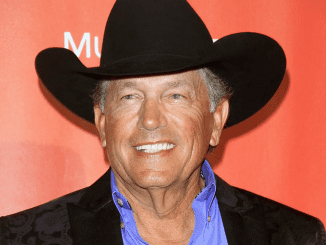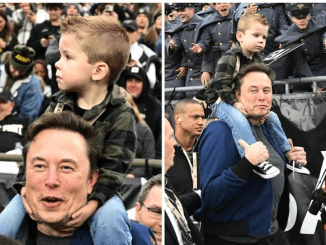
Elon Musk, the visionary CEO of Tesla Inc., has once again made headlines with his bold claims regarding the future of his electric car company. In a recent announcement, Musk stated that next year’s Tesla cars will be capable of self-driving 90% of the time. This ambitious declaration has sparked a new wave of excitement and skepticism among consumers and industry experts alike. The promise of self-driving cars has long been a dream for many, offering the potential to revolutionize transportation by increasing safety, efficiency, and convenience. Tesla has been at the forefront of this technological advancement, with Musk’s ambitious goal of achieving fully autonomous driving capabilities for Tesla vehicles. However, achieving reliable self-driving technology has proven to be a significant challenge. Despite continuous advancements in artificial intelligence and machine learning, fully autonomous vehicles have yet to become a reality on a large scale. Tesla’s Autopilot feature, which offers semi-autonomous driving capabilities, has faced criticism and scrutiny following several accidents and incidents involving Tesla vehicles.

Musk’s latest claim that next year’s Tesla cars will be able to self-drive 90% of the time raises questions about the feasibility and safety of such technology. While Tesla has made significant progress in developing its self-driving capabilities, many experts believe that achieving a 90% success rate in real-world driving conditions is a daunting task. One of the key challenges in achieving reliable self-driving technology is ensuring the safety and security of both passengers and other road users. Self-driving cars must be able to navigate complex and unpredictable traffic scenarios, anticipate and react to potential hazards, and make split-second decisions to avoid accidents. In addition to technical challenges, regulatory and legal obstacles may also impede the widespread adoption of self-driving technology. Laws and regulations governing autonomous vehicles vary by jurisdiction, with many countries still debating the legality and liability implications of self-driving cars. Despite these challenges, Musk remains undeterred in his quest to make self-driving cars a reality. Tesla’s continued investment in research and development, as well as partnerships with industry leaders in artificial intelligence and autonomous driving technology, demonstrate the company’s commitment to achieving fully autonomous vehicles. As consumers eagerly await the release of next year’s Tesla cars with enhanced self-driving capabilities, it is crucial to approach this technological advancement with caution and skepticism. While the promise of self-driving cars holds great potential, ensuring the safety and reliability of this technology must be a top priority for Tesla and other automakers. In conclusion, Elon Musk’s announcement that next year’s Tesla cars will be able to self-drive 90% of the time represents a significant milestone in the ongoing development of autonomous driving technology. However, the road to fully autonomous vehicles is fraught with challenges, and it remains to be seen whether Tesla can deliver on its ambitious promises. Only time will tell if Musk’s vision of a self-driving future will become a reality.



